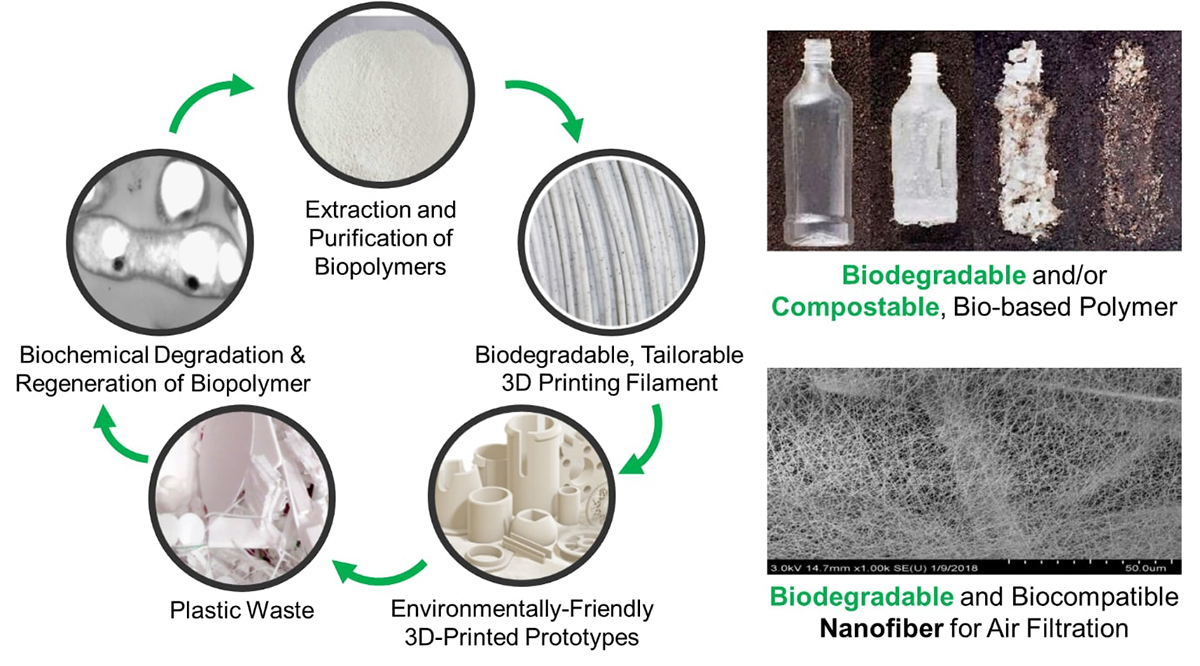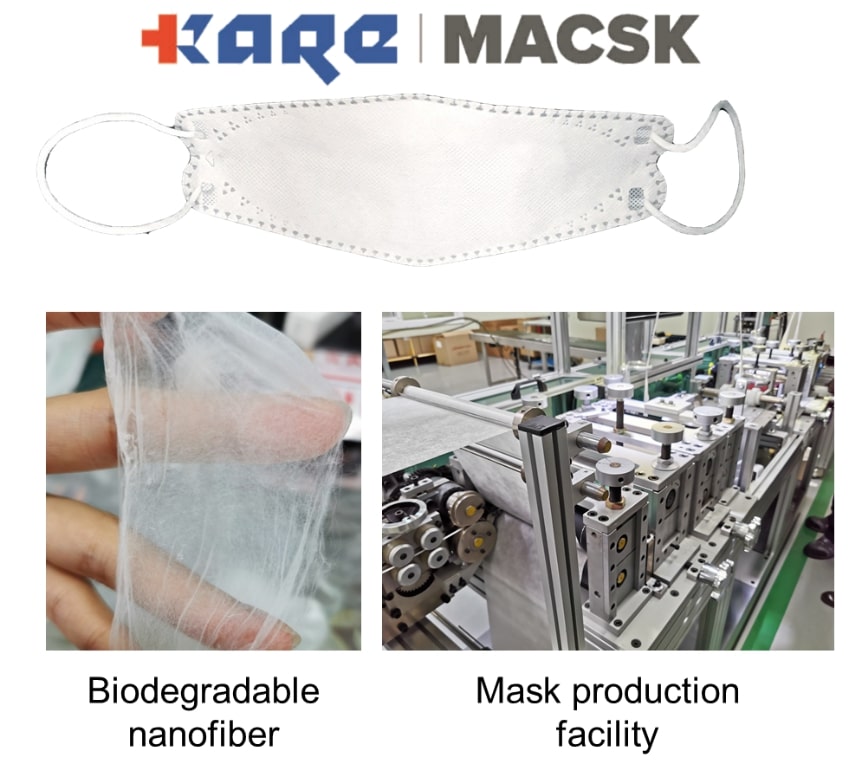SMART CITY
SMART INNOVATION
WEBZINE2021 Vol.04, No.1Featured
WITHLAB (Waste-Innovating Technologies for Humanity Laboratory)
-
- WITHLAB is a group of scientists and engineers dedicated to solving problems at the interface of water, energy, and materials sustainability. We aim to come up with engineering solutions to tackle waste and wastewater management issues using convergent and interdisciplinary approaches including, but not limited to, environmental biotechnology and thermochemical technologies.

-
- One key research area that WITHLAB is currently focusing on is the plastic pollution issue. Plastic waste management had been a major environmental concern even before the COVID-19 pandemic, but this issue has certainly been aggravated during the pandemic. The increased use of personal protection equipment (PPE) and single-use plastic products globally has created huge downstream plastic waste disposal problems in both, the developed and the developing world.
-
- WITHLAB’s key research topics to solve the plastic waste management issues include:
- 1. Production of biodegradable bioplastics using waste-derived feedstock (including biogas and agricultural waste)
- 2. Biodegradation of petrochemical/bio-based blend plastics in natural and engineered ecosystems
- 3. Thermochemical and biological conversion of plastic waste into value-added products including biofuel and hydrogen fuel

-
- One recent exemplary project that initiated to tackle plastic waste issue as well as to aid with global COVID-19 response efforts is the development of biodegradable and compostable single-use masks called “MACSK”. This research was funded through KAIST’s Corona Response Science and Technology New Deal Project. Most single-use protective gear is currently made from plastics including polypropylene, polythene and vinyl, which will take up to 500 years to decompose. MACSK is expected to biodegrade within a couple months in natural and engineered ecosystems. Its current filtering performance is equivalent to KF-80 masks, and the second version of MACSK, which is will be mass-produced by the late 2021, is expected to be rated as KF-94.



